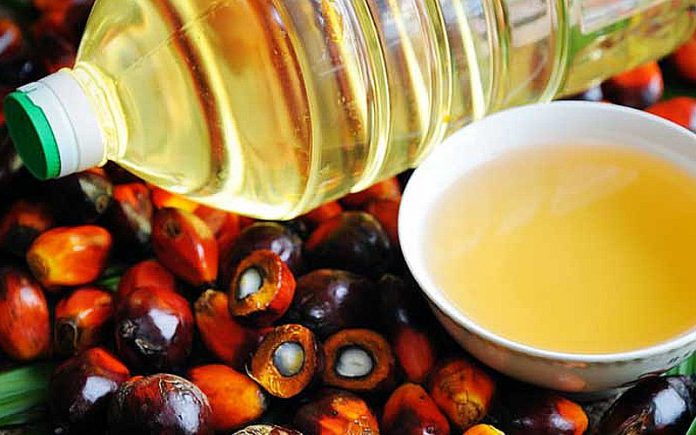KUALA LUMPUR, June 23 — Plantation experts, who attended the web-based palm oil internet seminar (Pointers), have mixed views on the crude palm oil price (CPO) outlook following COVID-19 that would continue to slowdown the demand for the commodity globally, Public Investment Bank said.
Industry price forecasts range from RM1,800 per tonne to RM2,500 per tonne, versus the investment bank’s price forecast of RM2,300 per tonne.
“Positive views are led by the Malaysian Palm Oil Board (MPO), who thinks CPO prices could potentially hit RM2,500 per tonne this year, driven by the resumption of B20 programme and export tax exemption of crude palm oil, crude palm kernel oil and processed palm kernel oil from July 1 to Dec 31, 2020,” it said.
The same price forecast was shared with Veysel Kaya, a representative of Sunseedman, and the Malaysian Ministry of Primary Industries and Commodities (MPIC).
The MPIC’s bullish outlook view banked on better CPO exports performance in the second half, thanks to the tax exemption, with Veysel Kaya expecting the price to reach RM2,500 per tonne, the Middle East and North Africa were expected to consume about two million tonnes and 1.35 million tonnes Malaysian palm oil, respectively.
On the other hand, the bearish view is led by notable industry expert Dr James Fry from LMC international Ltd, who predicts that Malaysian palm oil stocks could surge as much as 50 per cent to three million tonnes by year-end.
The experts at the event, which was followed by about 5,500 viewers, have a CPO consensus forecasts price average of around RM2,300 per tonne.
Another speaker U.R Unnithan, founder and chief executive officer of Sumwin Group, said his price wide range of CPO price targets (RM1,800-RM2,400/mt) was based on Malaysia’s B20 biodiesel programme, Indonesia’s B30 biodiesel programme and post COVID-19.
“It is worth noting that Malaysia’s B20 biodiesel rollout is expected to commence in September 2020 and will be completed by June 2021 as per the original target,” he said.
Unnithan said a total of 550,000mt (+77 per cent year-on-year) of biodiesel was produced in the first five months of 2020 and nearly 50.1 per cent of the total biodiesel production or 280,000 tonnes was exported.
Meanwhile, Thomas Mielke, executive director of ISTA Mielke GmbH, Oil World, foresaw global consumption of palm oil to fall this season for the first time on record as coronavirus-led recession slashes demand for edible oils and fats.
He cautioned that the palm oil usage will drop by 2.2 million tonnes or around three per cent from last season’s.
MPO chief executive officer Datuk Dr Kalyana Sundram said the council had an average CPO price forecast of RM2,337 per tonne this year provided the current scenario of production consumption and demand remains status quo.
He sees a low of RM2,080 per tonne if there is a shift in market elements such as weaker crude oil prices or downturn in demand from major consuming countries, namely, India, China, the EU and the US.
“On the other hand, if Malaysia and Indonesia proceed with their implementation of biodiesel blending mandates as planned in 2020 and lower oilseed production in Europe in the upcoming harvesting season, CPO prices could potentially hit as high as RM2,594 per tonne,” he said.
However, China, according to Shanghai Pansun representative Cai Neng Bin, may not have strong intention to replenish its current low palm oil stocks, given the increasing CPO prices.
“Despite the mixed outlook by most speakers, we notice that their views on the key driver for palm oil price movement largely hinges on the oil price movement as it plays a vital role in biodiesel demand and the prolonged impact of COVID-19 as slow economic recovery could be a drag on palm oil demand.
“The government’s decision to ban foreign labour recruitment until year-end is also going to be a big hit to the labour-intensive plantation sector as foreign labour makes up nearly 84.1 per cent of the total work force,” he said.
Majority of them are harvesters and collectors (38 per cent) and field workers (33 per cent), considered as tough jobs for the locals.



















